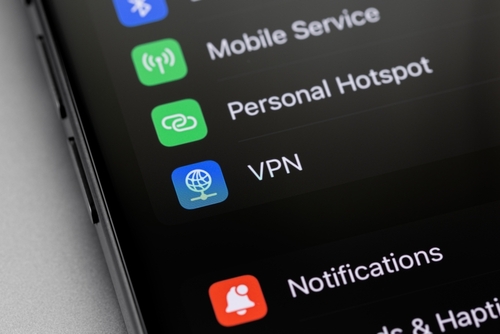
Russia’s latest censorship strategies are now focusing on VPNs, which have been a critical tool for digital freedom in the nation.
At a Glance
- GreatFire’s project highlights Russia’s crackdown on VPN apps.
- Roskomnadzor issued 214 takedown requests targeting VPNs.
- Google has not fully complied with Russia’s censorship demands.
- Russia’s strategy includes URL takedowns covering various sensitive topics.
VPN Apps Under Siege
The GreatFire App Censorship Project has brought to light how Russia seeks to suppress digital freedom by pressuring Google to remove VPN applications from its platform. Roskomnadzor, the country’s media overseer, targeted 214 apps in a wave of takedown requests from mid-March 2025. Despite these efforts, Google resisted, leaving many apps available.
This resistance is evident, as 346 VPN apps remain accessible.
Beyond app removals, Roskomnadzor expanded its focus to URLs, issuing demands to delete over 83,000 URLs linked to issues like the Ukraine conflict and LGBTQ+ topics. Google’s partial submission underscores the power struggle between maintaining an open internet and complying with authoritarian regulations.
Google and Apple’s Divergent Paths
The actions of tech giants like Google critically shape the effectiveness of Russian censorship. While Google largely resisted these draconian measures, Apple complied more with such requests in 2024, having removed at least 60 VPN apps. This highlights inconsistencies in tech companies’ stances on digital freedom.
The availability of VPNs is precarious, with some disappearing from global platforms without clear explanations. This leaves users with the need to explore alternative access methods. As tech companies face scrutiny, advocates call for greater oversight and accountability.
Broader Implications for Digital Freedom
Russia’s intensified campaign to limit VPNs reflects its attempt to control internet usage and, by extension, the flow of information. VPNs are seen not just as a tool for privacy but as a means to bypass governmental restrictions. This war on digital freedom not only affects Russian citizens but also sets a precedent for internet control.
Global digital rights groups urge increased scrutiny of tech companies’ interactions with authoritarian states. Calls for independent investigations and corporate accountability laws grow stronger, seeking to ensure permanent vigilance against the erosion of civil liberties through internet controls.




